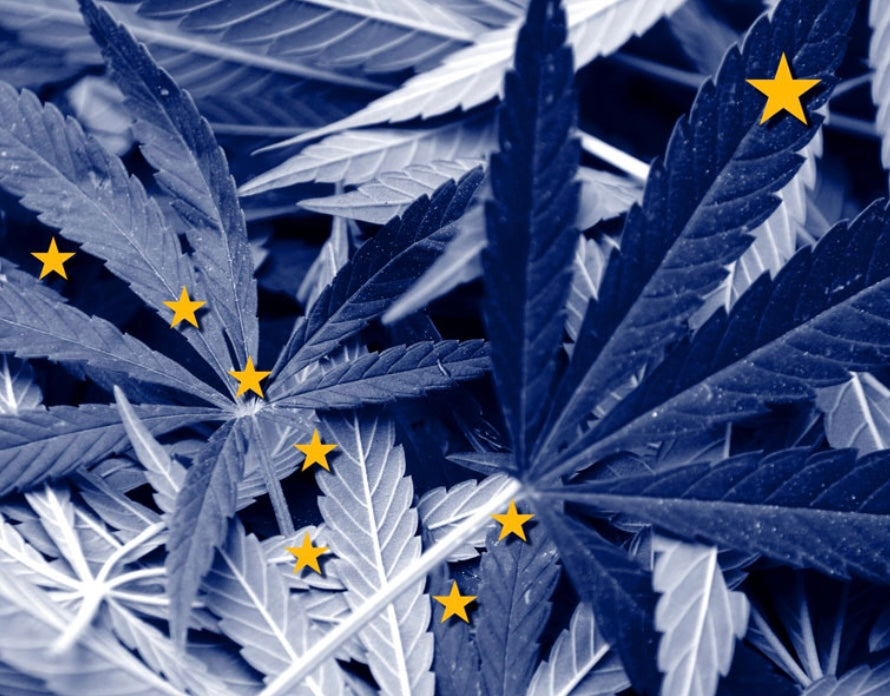HEMP CULTIVATORS CHALLENGE ALASKA'S HEMP REGULATIONS IN UNPRECEDENTED LAWSUIT

An alliance of hemp cultivators in Alaska has taken legal action, filing a lawsuit asserting that the recently implemented regulations governing intoxicating hemp-derived products in the state are unconstitutional.
The Alaska Industrial Hemp Association, accompanied by four companies, initiated the legal proceedings in the U.S. District Court in Anchorage, as reported by Alaska Beacon, a reputable news website.
Defendants Named in Lawsuit:
The lawsuit targets key entities involved in the formulation and enforcement of the contested regulations:
- The Alaska Department of Natural Resources and its Commissioner, John Boyle III.
- The state's Division of Agriculture and its Director, Bryan Scoresby.
- The state of Alaska.
- Lieutenant Governor Nancy Dahlstrom.
Under the new regulatory framework, hemp-derived products featuring intoxicating levels of delta-8 or delta-9 THC must secure approval from Alaska's Alcohol & Marijuana Control Office. Additionally, specific hemp products designed for epilepsy and pain management would fall within the purview of the state's marijuana regulator.
Legal Challenge and Allegations:
Christopher Hoke, the attorney representing the plaintiffs, argues that the recently enacted regulations could effectively render all hemp-derived products illegal. The lawsuit asserts that the regulations, as they stand, are constitutionally questionable, raising concerns about their compliance with established legal principles.
Plaintiffs and Businesses Involved:
The lawsuit involves four businesses collaborating with the hemp trade group:
- Primo Farms North (dba Primo)
- GD Sales (dba Hempire-Co)
- McDonough Corp. (dba Frontier CBDs)
- Alaska Edibles (dba Alaska Gummies)
National Regulatory Landscape:
Across the United States, state regulators are adopting diverse approaches to the regulation of hemp-derived products. The absence of federal regulations has led to a patchwork of rules and guidelines at the state level. In response to this, the Cannabis Regulators Association, representing state regulatory bodies, urged Congress in September to redefine and establish new regulations for hemp-derived products.
Conclusion:
This legal challenge marks a significant development in the evolving landscape of hemp regulations. As Alaska's hemp cultivators strive for fair and constitutionally sound rules, the outcome of this lawsuit may have broader implications, shaping the trajectory of hemp regulations on a national scale.



